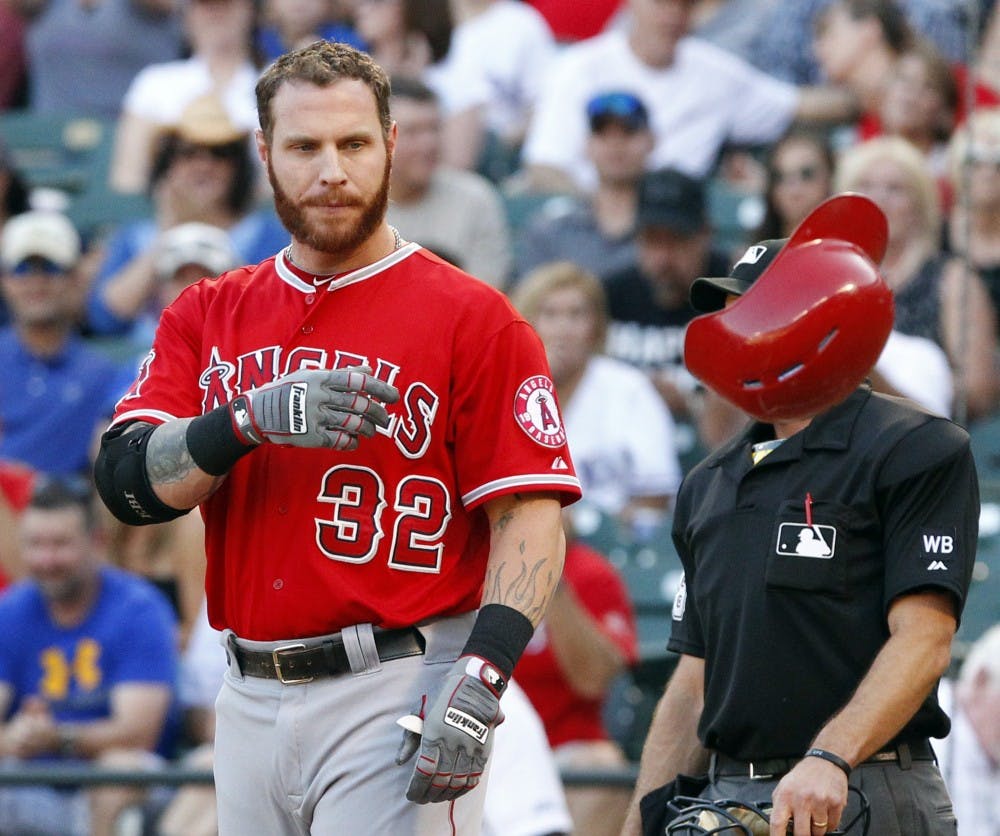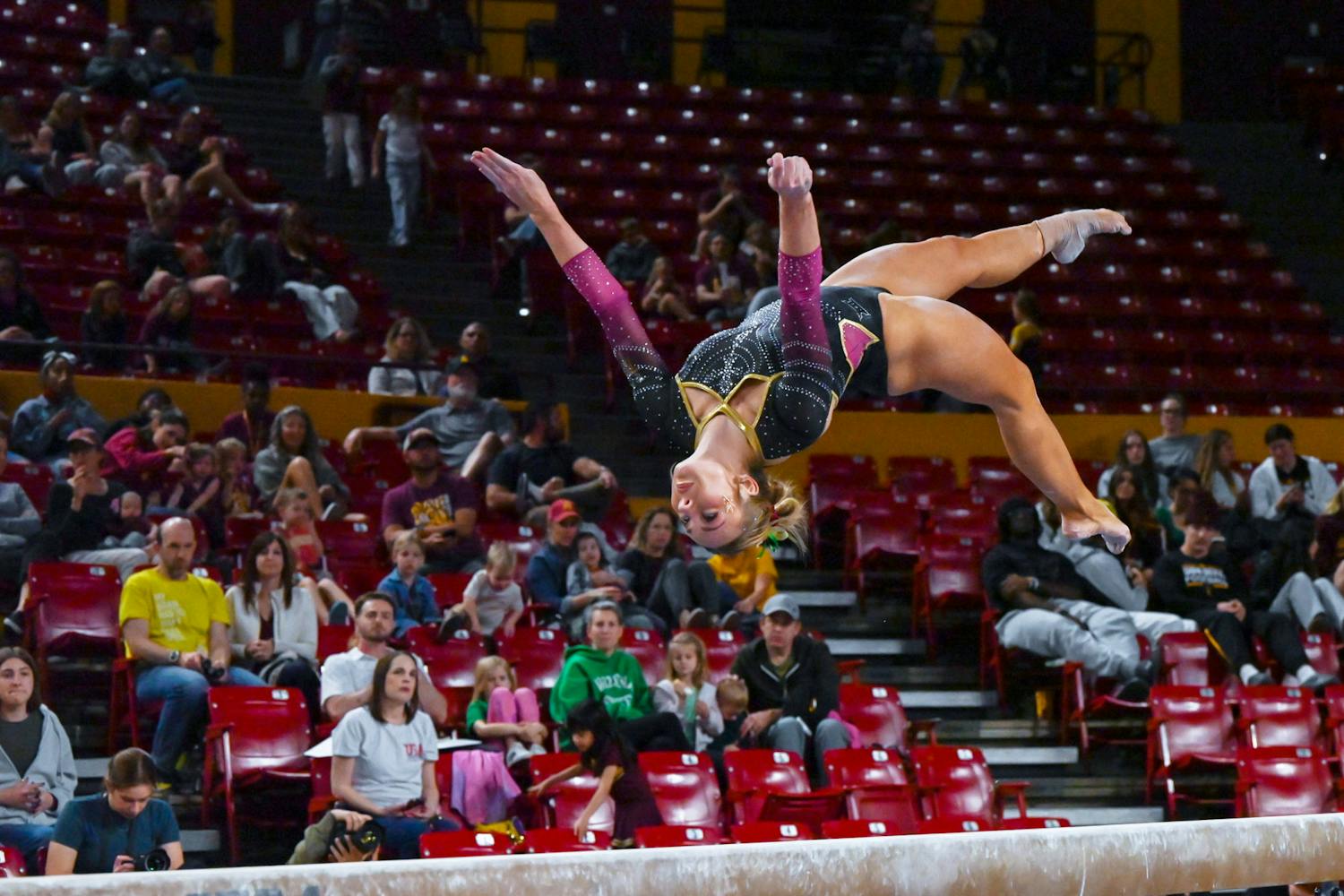On Friday, an independent arbiter ruled that Los Angeles Angels outfielder Josh Hamilton could not be punished for his relapse with cocaine and alcohol.
Shortly after the announcement of the ruling, Angels’ top brass almost immediately threw their highly-paid outfielder under the bus.
Angels team president John Carpino said it “defies logic that Josh’s reported behavior is not a violation of his drug program.”
General manager Jerry Dipoto added that he “absolutely” did not agree with the decision not to discipline Hamilton.
While both men issued official statements later Friday evening that offered support of Hamilton as a recovering addict, their initial reaction showed a disappointing lack of support for Hamilton in this very difficult time.
The simple fact of the matter is that Hamilton is sick. A drug addict is never truly cured and addiction is something that follows a person for the rest of his or her life. The person faces constant temptation and occasionally they will relapse, as Hamilton has done several times, most recently this offseason.
Major League Baseball wouldn’t punish a player for having the flu or strep throat, so it shouldn’t punish Hamilton for being an addict.
This does not absolve Hamilton of all faults, to be clear. He made some very poor choices to reach this point in his life but ultimately, he needs support and kindness, especially from those who are supposed to have the most faith in him.
The Angels, after all, gave Hamilton a five-year, $125 million contract in 2012 while fully aware that he was a recovering drug addict and alcoholic. This relapse doesn’t come as a total surprise to them, or at least it shouldn’t.
When they made that offer to Hamilton three years ago, they knew that he might relapse or struggle to stay sober.
Fellow players and manager Mike Scioscia have been outspoken in their support of Hamilton, encouraging him to get healthy and talking about how they stand by him in this difficult time.
Meanwhile, Dipoto admitted that he hasn’t even spoken with Hamilton, only his representatives.
Three years ago the team’s executives were willing to make Hamilton one of the league’s best players but now they seem unwilling to even face him man-to-man.
In this particular instance, Hamilton did the right thing. Obviously his relapse was a mistake but he was responsible enough to come forward, admit his fault and attempt to make amends for his actions over the offseason.
Rather than rewarding this honesty and apparent commitment to getting better, the Angels have turned their backs on Hamilton, and it’s extremely disappointing.
Reach the columnist at icbeck@asu.edu or follow him on Twitter @ICBeck21.
Like State Press Sports on Facebook and follow @statepresssport on Twitter.




